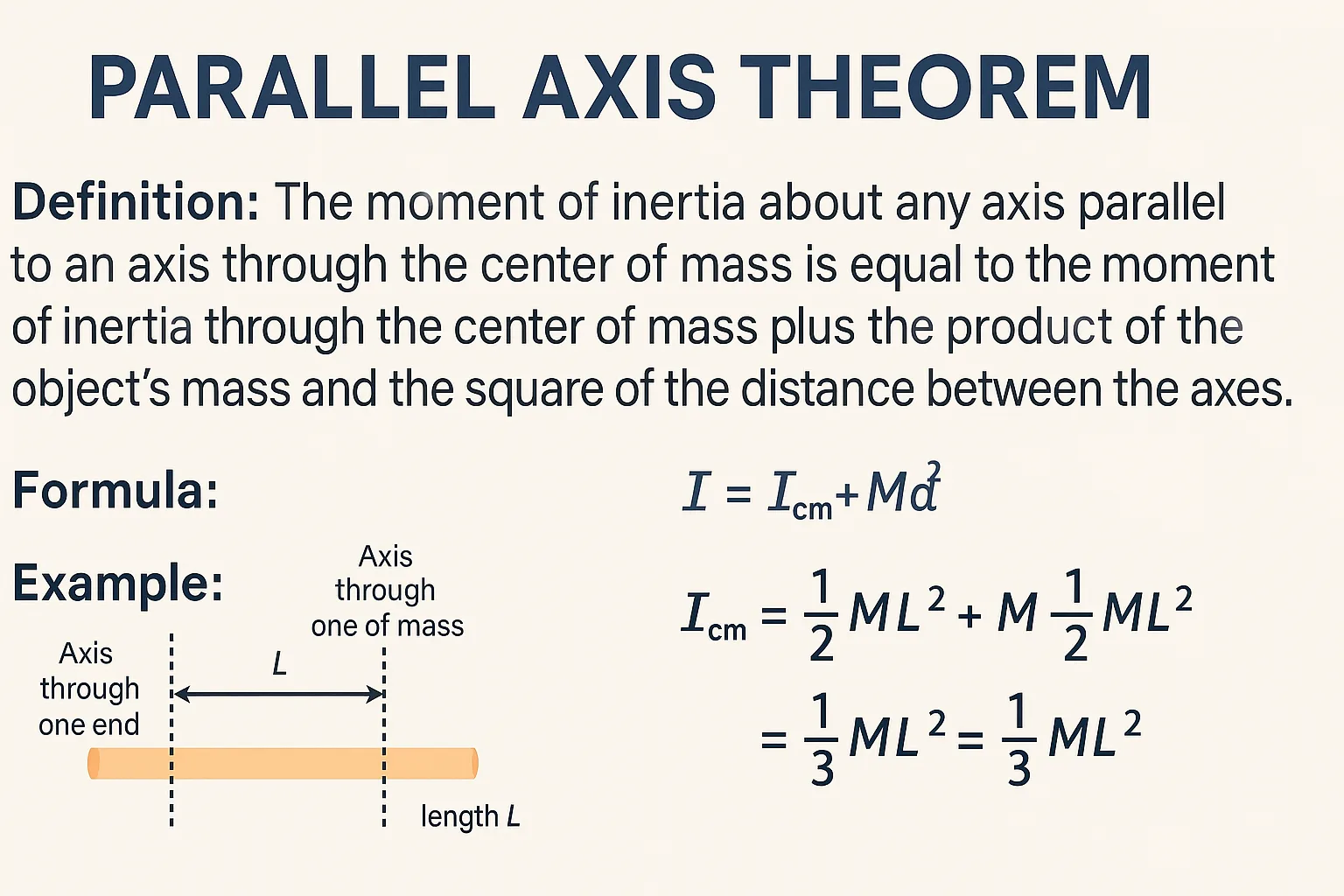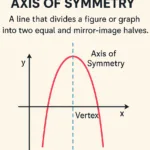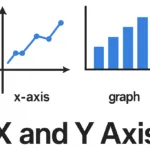Ability
🔊 US Loading... 🔊 UK Loading...What is Ability?
The term “Ability” refers to the natural or acquired skills and capacities that enable an individual to perform specific tasks, solve problems, or achieve goals. It is a broad concept encompassing various dimensions, including physical, mental, emotional, and social capabilities. Abilities are crucial in determining how individuals interact with the world, contribute to society, and realize their potential. Whether innate or developed over time, abilities shape our behavior, decision-making, and overall success in life.
This article explores the definition of ability, its types, how it is developed, and its significance in various aspects of life.
Types of Abilities
Abilities can be categorized into several types, each playing a unique role in shaping human experiences and achievements.
- Physical Abilities
Physical abilities refer to the bodily capacities to perform tasks that require strength, coordination, endurance, or flexibility. These include activities like running, lifting, swimming, or playing sports. Some physical abilities are innate, such as reflexes, while others, like athletic skills, can be honed through practice and training. - Mental Abilities
Mental abilities involve cognitive functions, including problem-solving, memory, reasoning, creativity, and learning. Intelligence is a key aspect of mental ability and is often measured through IQ tests. These abilities are essential for academic success, decision-making, and innovation in various fields. - Emotional Abilities
Emotional abilities, often referred to as emotional intelligence, include understanding, managing, and expressing emotions effectively. They also involve recognizing and responding to the emotions of others. High emotional intelligence is vital for building healthy relationships, resolving conflicts, and maintaining mental well-being. - Social Abilities
Social abilities are skills that help individuals interact effectively with others. They include communication, empathy, teamwork, and leadership. These abilities are critical in personal relationships, workplace environments, and broader social contexts. - Creative Abilities
Creative abilities refer to the capacity to generate original ideas, think outside the box, and develop innovative solutions. Creativity is highly valued in fields such as art, design, science, and entrepreneurship.
Innate vs. Acquired Abilities
One of the key debates surrounding ability is the extent to which it is determined by nature (innate) or nurture (acquired).
- Innate Abilities
Innate abilities are those that individuals are born with. These natural talents or predispositions are often linked to genetic factors. For example, some people are naturally gifted in music, mathematics, or athletics. - Acquired Abilities
Acquired abilities are developed through education, training, practice, and experience. For instance, learning to play an instrument, mastering a language, or excelling in a profession requires effort and dedication. While innate talent may provide a foundation, acquired abilities often play a more significant role in achieving expertise.
How Abilities Are Developed
Abilities are not static; they can be nurtured and improved over time. The development of abilities depends on several factors, including:
- Education and Training
Formal education and training programs provide individuals with the knowledge and skills needed to enhance their abilities. For example, academic institutions teach critical thinking and problem-solving, while vocational training focuses on specific technical skills. - Practice and Perseverance
Consistent practice is essential for mastering any ability. Whether it’s playing an instrument, learning a sport, or developing communication skills, perseverance plays a critical role in achieving proficiency. - Environment
The environment in which an individual grows up has a profound impact on ability development. Supportive families, access to resources, and exposure to diverse experiences can foster abilities, while a lack of opportunities may hinder growth. - Motivation and Mindset
Intrinsic motivation and a growth mindset are key drivers of ability development. Individuals who believe in their capacity to improve are more likely to invest time and effort into enhancing their skills. - Mentorship and Guidance
Having mentors or role models can accelerate the development of abilities. Guidance from experienced individuals provides valuable insights and inspiration, helping individuals unlock their potential.
Significance of Abilities
Abilities play a central role in personal and professional success. They impact various areas of life, including:
- Career and Professional Growth
In the workplace, abilities determine an individual’s performance, productivity, and career progression. Employers seek candidates with both technical and soft skills, such as problem-solving, teamwork, and adaptability. - Personal Fulfillment
Abilities contribute to personal satisfaction and a sense of accomplishment. Pursuing hobbies, mastering new skills, or achieving goals enhances self-esteem and overall happiness. - Social Contribution
Individuals use their abilities to contribute to society in meaningful ways. From healthcare professionals saving lives to artists inspiring others, abilities help improve communities and the world at large. - Overcoming Challenges
Abilities empower individuals to face and overcome challenges. Resilience, critical thinking, and adaptability enable people to navigate obstacles and thrive in changing circumstances.
Enhancing Abilities in Everyday Life
To make the most of one’s abilities, individuals can adopt the following strategies:
- Continuous Learning
Lifelong learning keeps abilities sharp and allows individuals to acquire new skills. Online courses, workshops, and self-study are excellent ways to expand knowledge and expertise. - Setting Goals
Setting clear, achievable goals provides direction and motivation for ability development. Breaking larger goals into smaller, manageable steps ensures steady progress. - Seeking Feedback
Constructive feedback helps identify strengths and areas for improvement. Actively seeking input from peers, mentors, or supervisors can accelerate growth. - Balancing Strengths and Weaknesses
Recognizing and leveraging strengths while working on weaknesses ensures a well-rounded development of abilities. - Embracing Challenges
Taking on new challenges pushes individuals out of their comfort zones, fostering growth and expanding capabilities.
Conclusion
Ability is a multifaceted concept that encompasses the skills and capacities enabling individuals to achieve their goals and contribute to society. While some abilities are innate, many can be developed through effort, education, and experience. By understanding the nature of ability and actively working to enhance it, individuals can unlock their potential and lead fulfilling, successful lives. In today’s dynamic world, the importance of abilities cannot be overstated, as they form the foundation for personal growth, professional success, and societal progress.
Relative words of ‘A’
| S.No | Words |
|---|---|
| 1 | A |
| 2 | Able |
| 3 | Ability |
| 4 | About |
| 5 | Above |
| 6 | Absence |
| 7 | Abroad |
| 8 | Absolute |
| 9 | Absent |
| 10 | Abstract |
| 11 | Abuse |
| 12 | Angry |
| 13 | Access |
| 14 | Annoy |
| 15 | Acceptable |
| 16 | Acceptance |
| 17 | Accede |
| 18 | Accept |
| 19 | Abusive |
| 20 | Academic |
| 21 | Approve |
Additional Insights

Parallel Axis Theorem – Definition, Formula, Derivation & Applications

Axis of Symmetry: Definition, Equation, and Real-Life Applications

X and Y Axis: Definitions, Graphs and Examples
Coconut Spanish Translation

Cashew Spanish Translation
Axis Definition and Meaning

Walnut in Spanish Translation

Almond in Spanish – Translation and Meaning
